Results
-
 £30.00
£30.00Fantasia on themes by Purcell - Ian Shepherd
Fantasia consists of three distinct sections that use thematic material from three separate pieces by Henry Purcell. The first section is based on the march from Funeral Music for Queen Mary which is dramatically dark and powerful but also uplifting. The Second section uses the devastatingly beautiful aria Dido's Lament or When I am laid in earth from the opera Dido and Aeneas as its basis and builds to enormous proportions, unlike the original aria. The third section begins with a haunting reference to the Rondo from Abdelazer. Gradually, this builds towards an exciting re-statement of the theme in the first section to the finale.
-
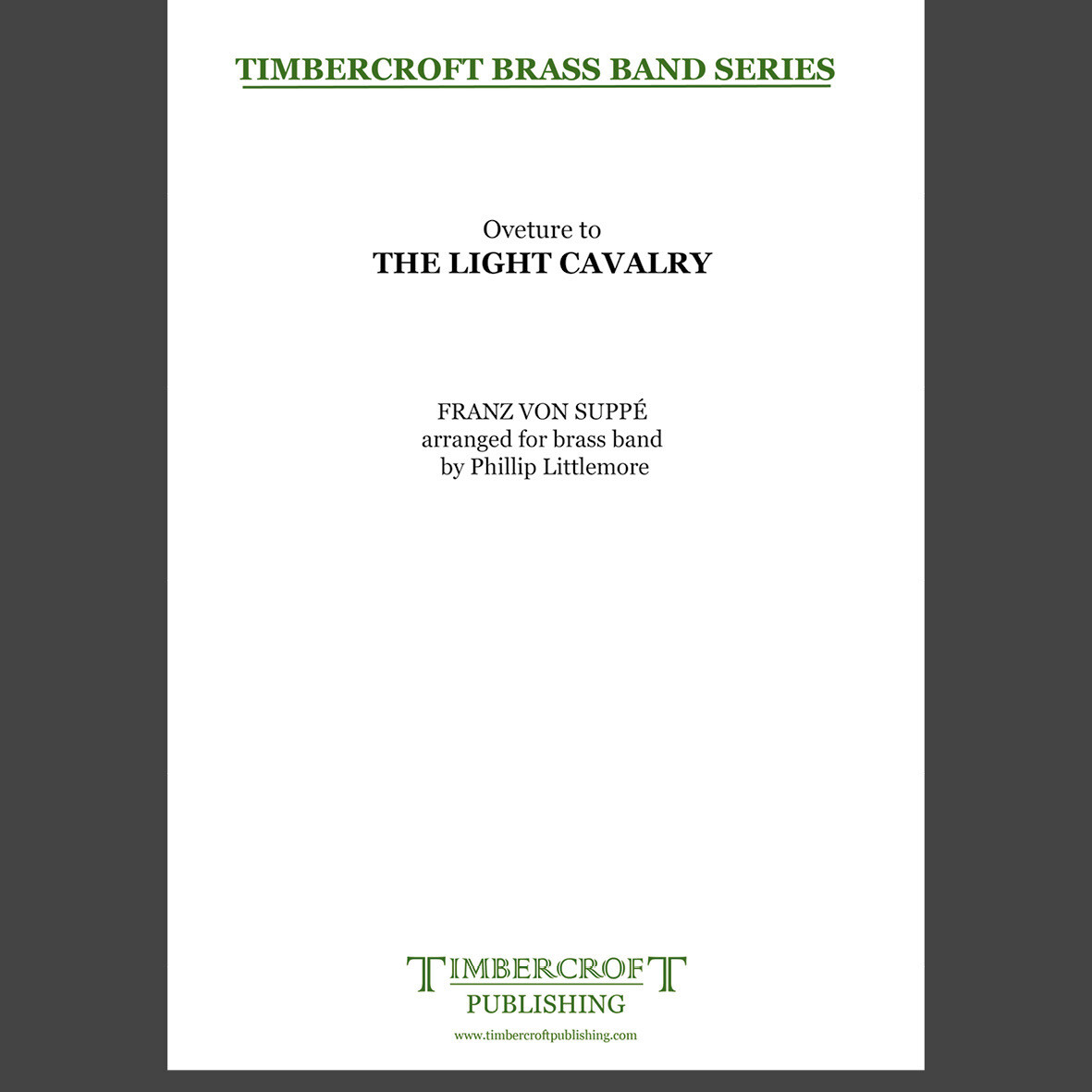 £40.00
£40.00Light Cavalry Overture - Franz von SuppAª arr. Phillip Littlemore
Francesco Cavalieri di Suppe-Demelli was born in Split, then in the Austrian empire, and began composing as a boy. On moving to Vienna he changed his name to the more Germanic and less ostentatious Franz von Suppe and began conducting opera as well as writing over three hundred works of his own. Most are unperformed today though the overtures, such as Poet and Peasant and Pique Dame, are still very popular. The operetta Light Cavalry was written in 1866 with a plot concerning a love intrigue which is resolved by the Hungarian Hussars (Light Cavalry).The Light Cavalry Overture consists of a fanfare, a faster section, and an Hungarian-styled slow section which are interspersed with the famous galop with its short, short long rhythm representing the beat of the horses' hooves. This music has been much copied, parodied and often used for cartoons.Duration: 6'00"Difficulty: Suitable for all grades
Estimated dispatch 5-7 working days
-
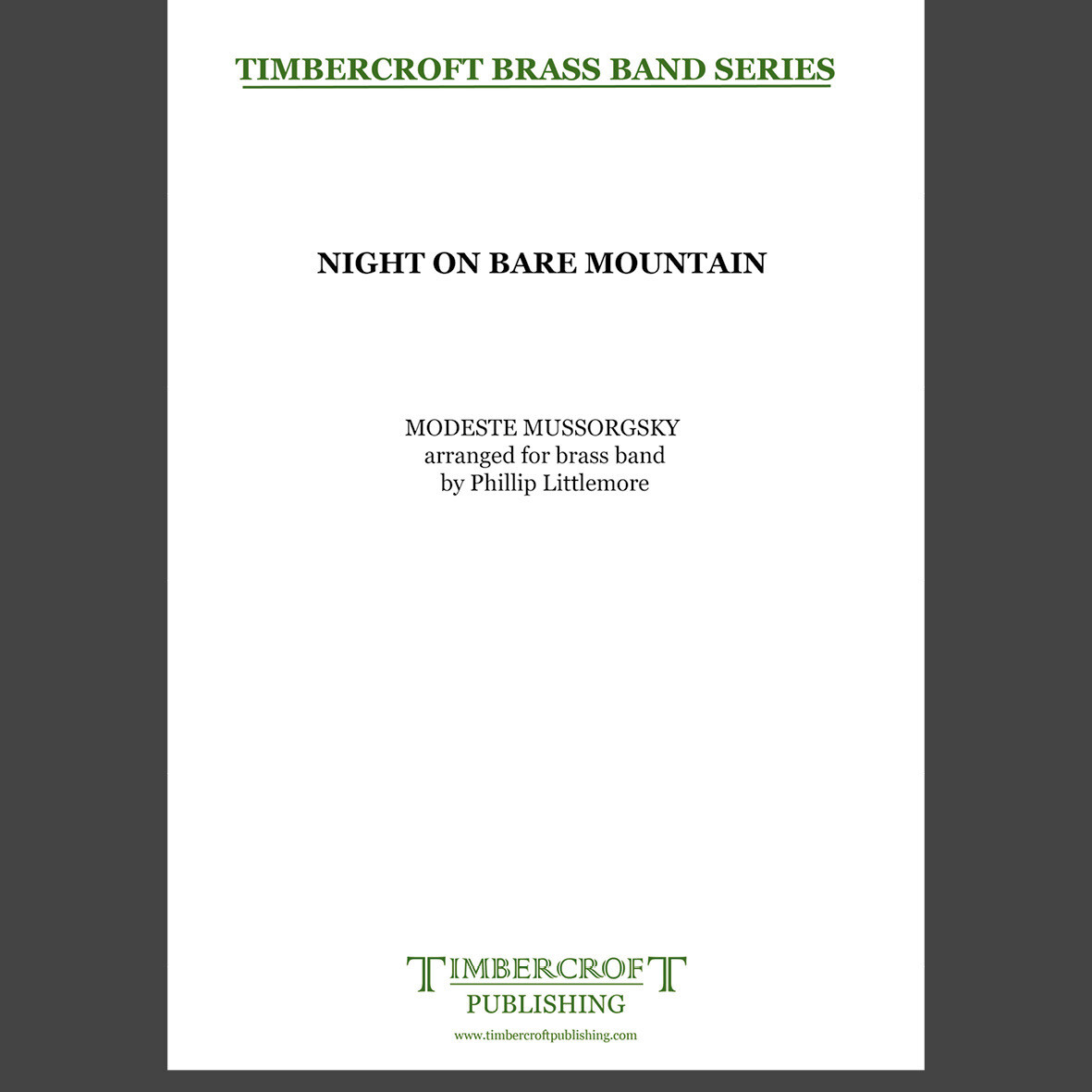 £40.00
£40.00Night On Bare Mountain - Modeste Mussorgsky arr. Phillip Littlemore
Russian composer Modest Mussorgsky claimed to have been inspired by the confession of a witch who was burned at the stake in the 1660s. Bare Mountain is in fact Mount Triglav near Kiev, and the music depicts the legendary Sabbath celebrations of Russian witches held on the eve of St. John's Feast. Preliminary sketches for the piece date back as early 1858 when he was planning an opera on Gogel's tale. However, in 1867 he completed a work he called St. John's Eve of St. John's Night on Bare Mountain.Following Mussorgsky's death in 1881, Nicolai Rimsky-Korsakov reimagined the work and gave it the name we know today as Night on Bare Mountain. Duration: 10'00"Difficulty: First Section and above
Estimated dispatch 5-7 working days
-
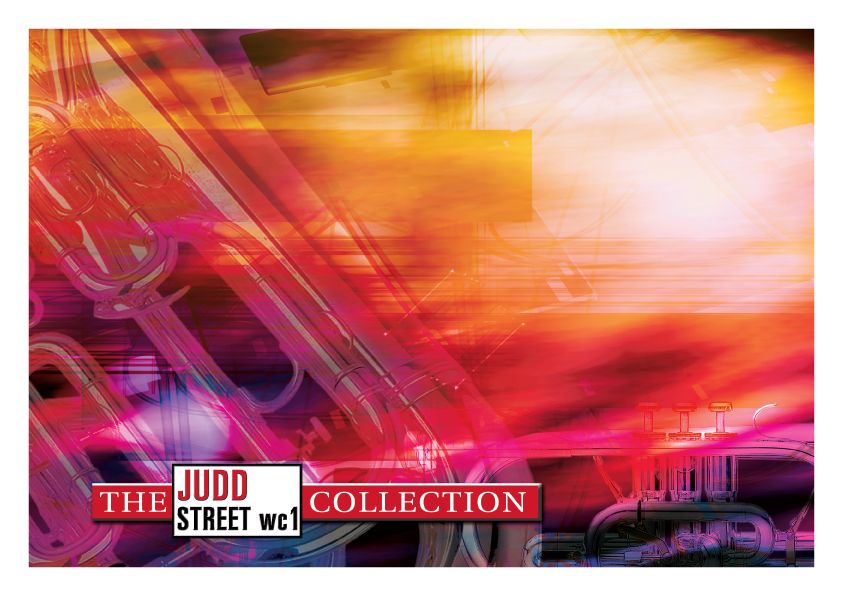 £34.95
£34.95Judd: Elsa's Procession
Wagner's opera 'Lohengrin' features a wedding scene involving the two main characters, Elsa and Lohengrin. This stirring music accompanies their progress to the cathedral.
Estimated dispatch 7-14 working days
-
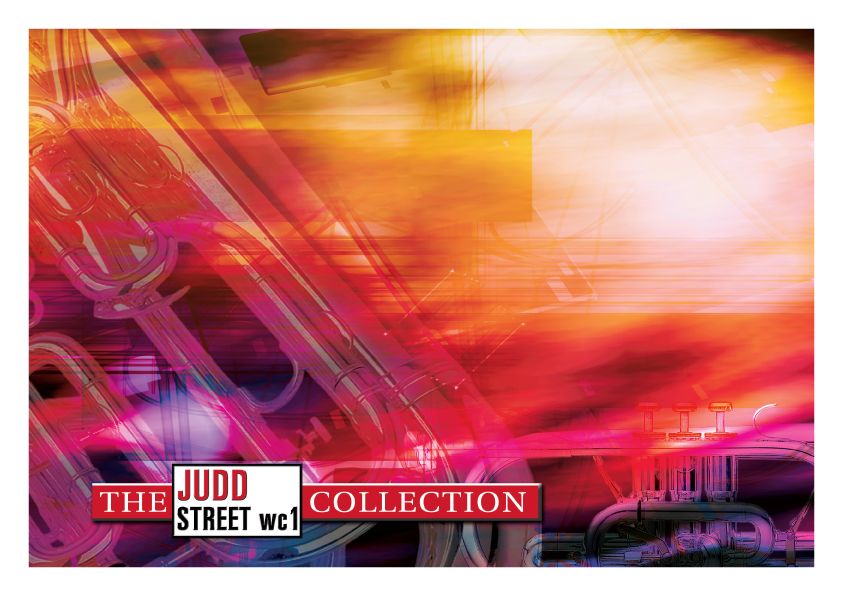 £44.95
£44.95Judd: Finale William Tell Overture
'William Tell' was completed by Rossini in 1829 and was his final stage work. The finale from the opera's overture constitutes one of the most familiar pieces in classical music repertoire having been popularised as the theme from the 60's TV classic 'The Lone Ranger'. This transcription for brass band is by Commissioner Sir Dean Goffin.
Estimated dispatch 7-14 working days
-
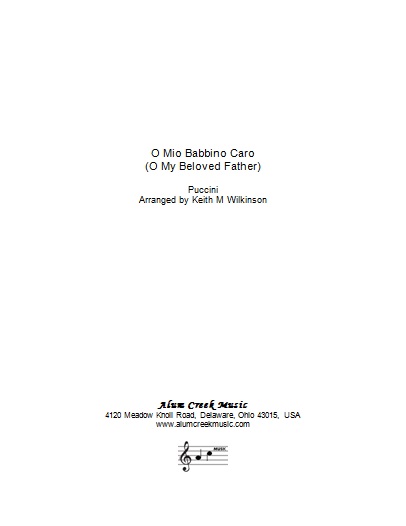 £24.00
£24.00O Mio Babbino Caro (Trombone Solo with Brass Band - Score and Parts)
This famous aria is from the opera Gianni Schicchi. Lauretta, daughter of Gianni Schicchi, has fallen in love with Rinuccio but there are huge tensions between their two families which threaten to keep the young couple apart. The rather discordant music which opens portrays these tensions before giving way to Lauretta's tender appeal to her father to allow her to marry the man she loves. This arrangement was prepared at the request of Brett Baker to be performed with Brass Band Of The Western Reserve, musical director Dr Keith M Wilkinson, during his visit in May, 2011.
Estimated dispatch 7-14 working days
-
£60.00
Antiphonary - Lane, L
The Berkeley Family antiphonary is a beautiful book of texts and chants dating back to 1457, and this piece traces an historical timeline of Berkeley Castle's history, incorporating Vivaldi arias from an opera discovered at the castle in 2002. The music has moments of hymn-like reflection as well as great triumph and features the flugel horn.1st section + Duration 6 mins This piece exists in three other formats - Symphonic brass, Brass ensemble, and Wind dectet and piano. For details of these orchestrations please visit Composers Edition
In Stock: Estimated dispatch 1-3 working days
-
 £30.00
£30.00Deus in Adjutorium
DescriptionMonteverdi's Vespro della Beata Vergine (Vespers for the Blessed Virgin) is a musical setting by Claudio Monteverdi of the evening vespers on Marian feasts, scored for soloists, choirs, and orchestra. It is an ambitious work in scope, style and scoring, and has a duration of around 90 minutes. Published in Venice with a dedication to Pope Paul V dated 1 September 1610 as Sanctissimae Virgini Missa senis vocibus ac Vesperae pluribus decantandae, cum nonnullis sacris concentibus, ad Sacella sive Principum Cubicula accommodata ("Mass for the Most Holy Virgin for six voices, and Vespers for several voices with some sacred songs, suitable for chapels and ducal chambers"), it is mercifully regularly shortened to Monteverdi's Vespers of 1610.Monteverdi was born and spent the first part of his working life in Cremona before moving to Mantua (where he composed the Vespers) and finally attaining one of the top jobs in Italian renaissance music as Maestro di Capella at the Basilica di San Marco in Venice. He is most famous for his vocal music, notably his madrigals and the earliest surviving opera, Orfeo.Performance notes:The opening "versicle" on euphonium should be declamatory, in a recitative style - i.e. in free tempo and not conducted. Ideally the player should stand for this.Where practical, the soprano and 1st & 2nd solo cornets should stand to the left of the band, and the repiano and 3rd & 4th solo cornets to the right. If three percussionists are available, the third player should double the Percussion 2 part, and in that event it is often effcetive to have the 2nd and 3rd percussion players stand to the left and right of the band with the cornets.Watch a preview video of the score below:
Estimated dispatch 7-14 working days
-
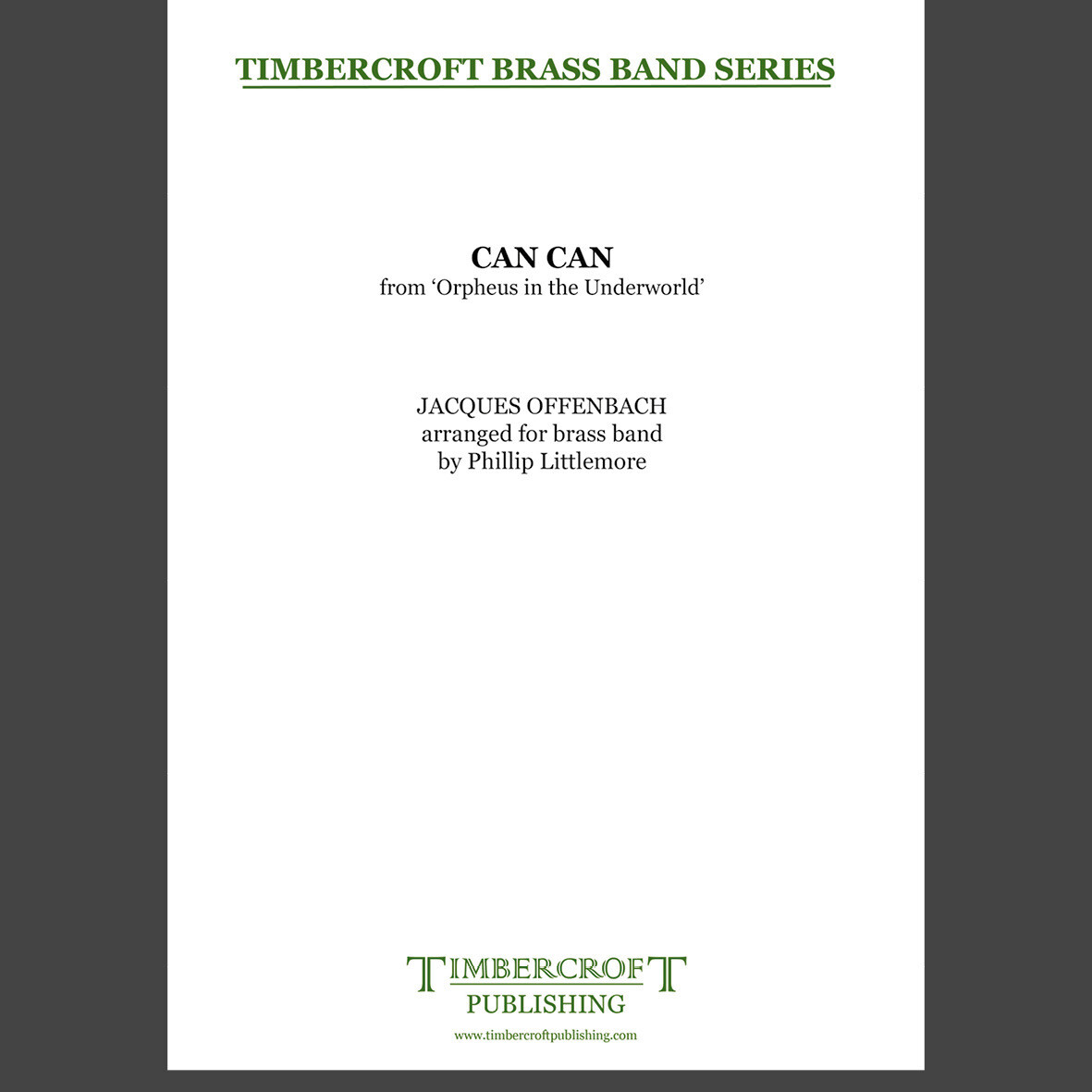 £30.00
£30.00Can-Can from Orpheus In The Underworld - Jacques Offenbach arr. Phillip Littlemore
Offenbach's Orpheus in the Underworld is an opera bouffon, and first performed in 1858. The operetta is an irreverent parody and scathing satire on Gluck and his Orfeo ed Euridice and culminates in the risque 'Infernal Galop'. The 'Infernal Galop' from Act II, is famous outside of classical music circles as the music for the Can-can. This brass band version is a straight-forward transcription directly from the orchestral original.Duration: 2'30"Difficulty: Suitable for all grades
Estimated dispatch 5-7 working days
-
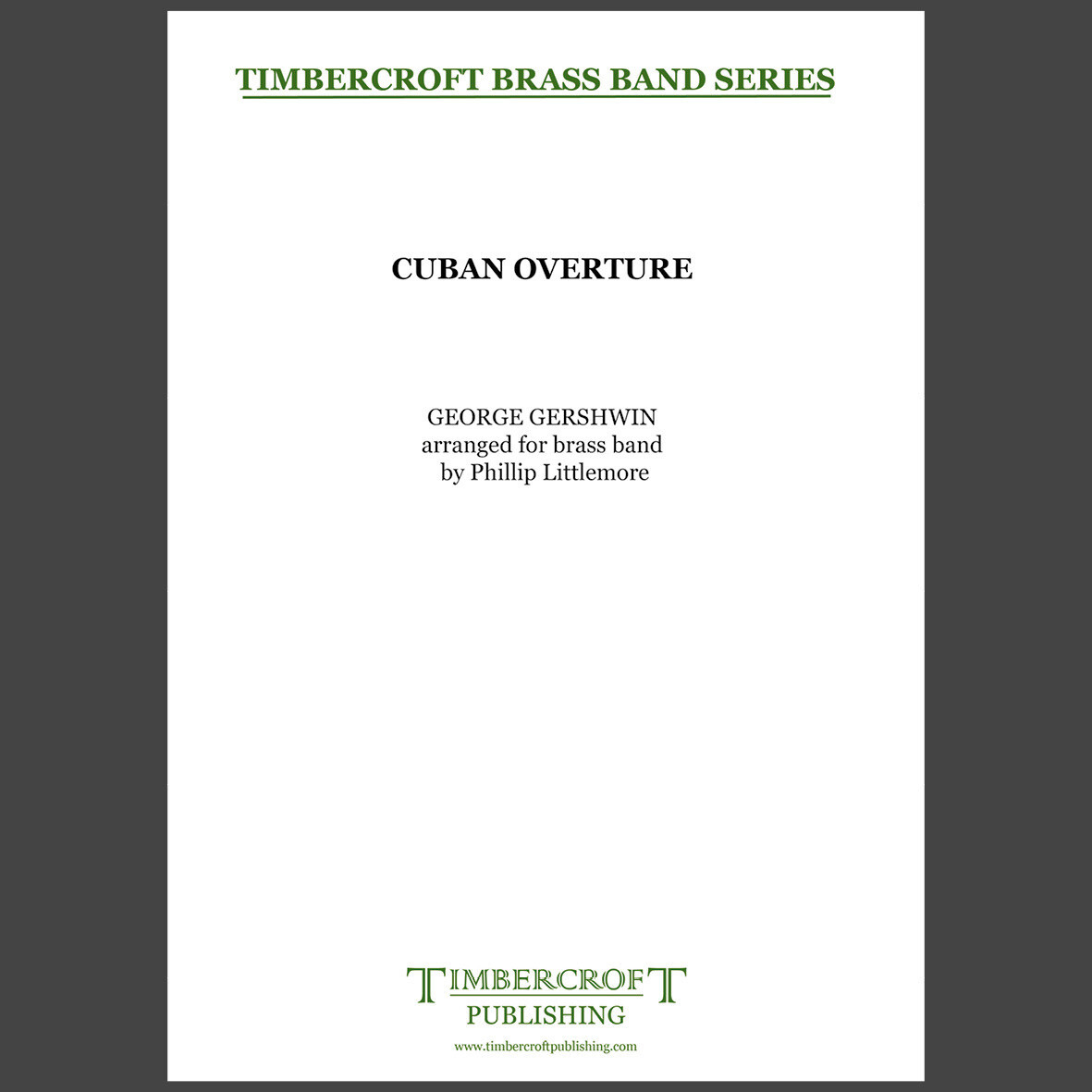 £45.00
£45.00Cuban Overture - George Gershwin arr. Phillip Littlemore
Originally entitled Rumba, the Cuban Overture was a was written some time following a two-week holiday which Gershwin took in Havana in February 1932. The overture is dominated by Caribbean rhythms and Cuban native percussion, with a wide spectrum of instrumental colour and technique. It is a rich and exciting work with complexity and sophistication, illustrating the influence of Cuban music and dance. Although it received it's premiere under the title Rumba, it was renamed Cuban Overture three months later at a benefit concert conducted by Gershwin at the Metropolitan Opera to avoid giving audience the idea that it was simply a novelty item. The new title provided, as the composer stated, "a more just idea of the character and intent of the music".Duration: 6'20"Difficulty: 1st Section and above
Estimated dispatch 5-7 working days
